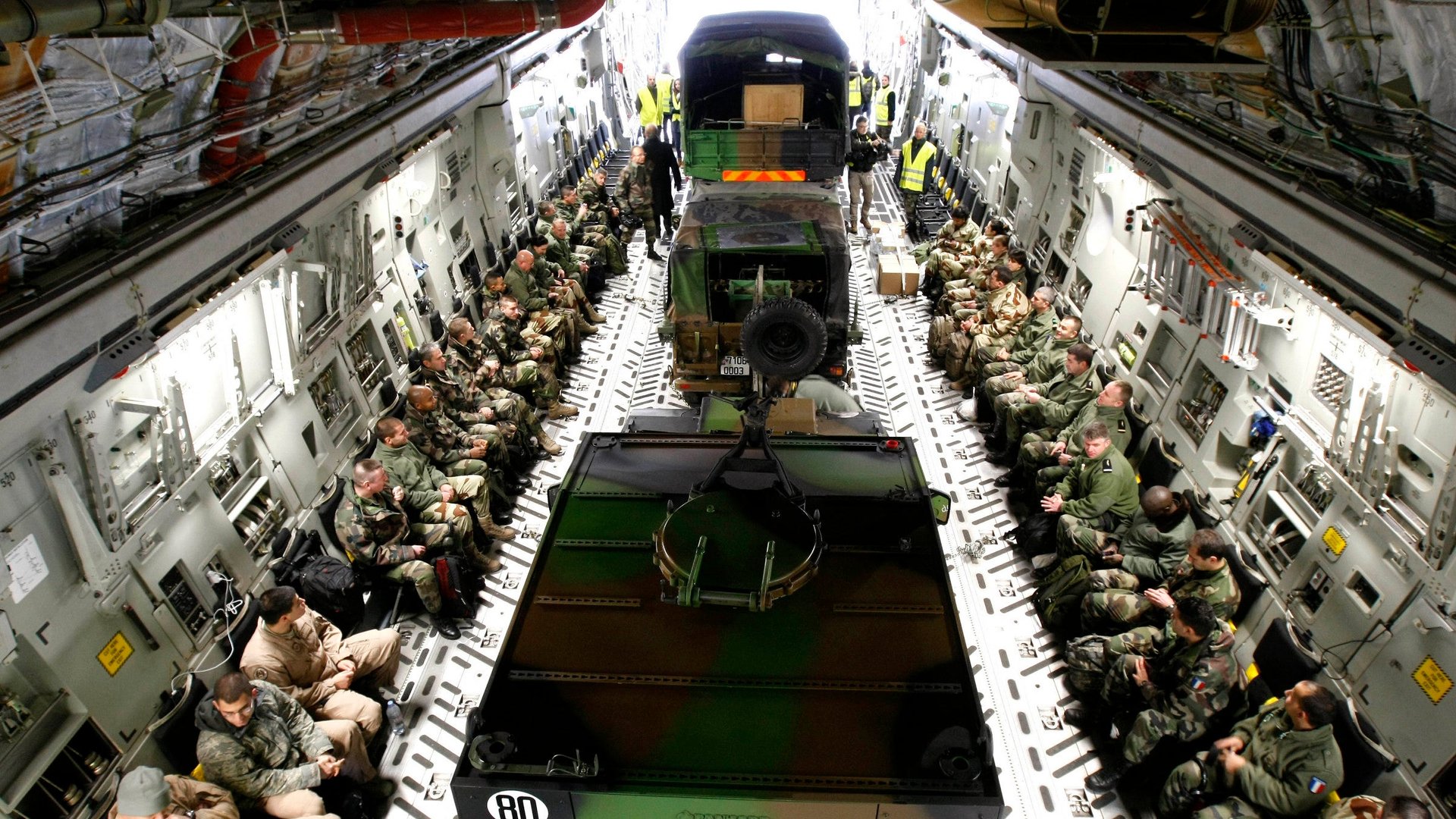Despite coups, rebellion, and war, Mali’s global banker makes a loan
The intervention in Mali isn’t just bringing foreign soldiers to Bamako, the capital. It’s also bringing the global bureaucrats who need to put a stamp of approval on a shaky government’s economic chops before more money can flow in—or more weapons can be bought on the international market.


The intervention in Mali isn’t just bringing foreign soldiers to Bamako, the capital. It’s also bringing the global bureaucrats who need to put a stamp of approval on a shaky government’s economic chops before more money can flow in—or more weapons can be bought on the international market.
The International Monetary Fund (IMF) announced on Jan. 28 that it will lend $18.4 million to the government of Mali, where French and African armies are battling Islamist insurgents. The loan had been agreed in November, but was awaiting the IMF board’s approval. ”In light of the tight fiscal policy that the Malian government adopted in its 2013 budget, we decided to go ahead with the board meeting despite the intervention,” Christian Josz, the IMF’s Mali mission chief, said.
More than the money, the decision is a signal to other international bodies—donors like the World Bank, the African Development Bank and the European Union—that the country is open for business again. It marks the latest step in a strange recent history as the agency has waited to support the country’s balance of payments through multiple coups and a civil war in the last year.
After all, there are only two conditions for IMF assistance: An internationally-recognized government and the ability to implement an IMF program.
Here’s a quick timeline of the last eighteen months:
September 2011. An IMF mission to Mali finds the government of Amadou Touré, a former general elected to a second term in 2007, to be on track to meet program goals and forecasts 5.4% growth in the next year.
December 2011. The IMF approves a new $46.3 million credit line for Mali, disbursing $9.3 million.
January 2012. Tuareg insurgents begin attacks in northern towns.
March 2012. The first coup: Touré is deposed by military officers who feel his administration was not aggressive enough toward the northern rebels. African and international organizations condemn the coup, withdrawing critical development aid.
April 2012. The rebels declare independence in the north. The IMF evacuates its resident representative and staff from Mali. The military hands control over to an interim government led by Dioncounda Traoré, as part of a deal brokered by the Economic Community of West African States.
May 2012. The military junta retakes power, after Traoré is attacked and evacuated to France during a demonstration. The rebels in the north proclaim an Islamic state.
August 2012. Following international pressure, a new civilian government is formed under Prime Minister Cheick Modibo Diarra, but important cabinet ministers are linked to the military junta.
November 2012. An IMF mission led by Christian Josz returns to Mali to meet with Diarra’s government, and the country requests a switch from long-term credit facilities to a program of emergency loans. The IMF agrees, subject to board approval in January. After a recession of 1.5% of GDP during the chaos surrounding the coup, as government spending contracted, donors and tourists fled, the IMF forecasts 4%-5% growth for 2013.
December 2012. The army forces Diarra is forced to resign, and a new prime minister, Django Sissoko, takes over. The UN Security Council authorizes an African-led military force to defeat the militants in the north, but they aren’t expected to arrive until September.
January 2013. At the request of the Malian government, French forces begin a campaign against the insurgents, backed by Western logistical support and joined by African Union soldiers. They quickly took over the Islamist stronghold of Gao, and, the day the IMF’s executive board approved the credit facility, French-led forces had also taken the airport of Timbuktu and were advancing on the city center.
“What has changed since we negotiated that program two months ago, if anything, the uncertainty has reduced,” Josz told reporters on Jan. 28, noting that the vast majority of the country’s economic activity took place in the undisputed southern region of Mali and the early success of the intervention. The last remaining unknown is the possibility of another crippling drought like the one seen in 2011.
A significant share of Mali’s government spending in 2013, about $300 million, will be on military needs, Josz said. There is an overall budget shortfall of about $110 million, leading the government to freeze spending on other things until international donors can make up the gap. “Nonetheless,” Josz says, “the government has committed within this difficult environment to also prioritize education spending, health spending and social protection.”